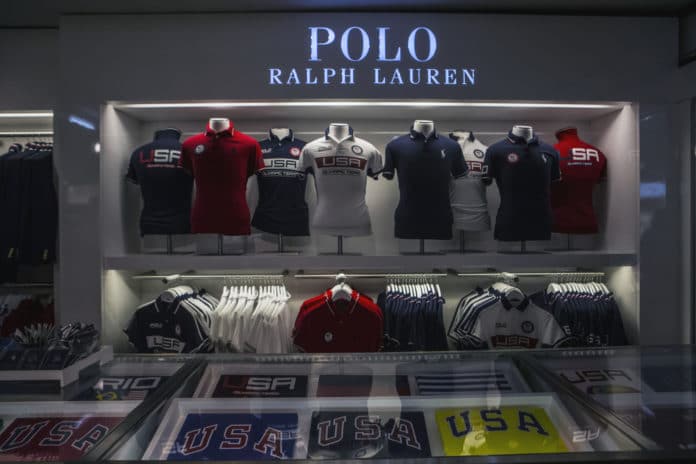As retailers rely more heavily on promotions to drive traffic, Michael Kors Holdings and Ralph Lauren have been two of the biggest victims.
The brands were among the most heavily discounted at upscale U.S. retailers in recent months, according to Edited, a company that crunches data for the fashion industry. That supports the view of Michael Kors Chief Executive Officer John Idol, who said promotions reached an all-time high last quarter. Fashion brands and retailers slashed prices on products by as much as 80 percent in May, June and July, Edited found.
While the promotional spree has shown signs of helping pull department stores out of a funk, the trend has tarnished brands and trained consumers to expect special deals. In July alone, about 2,400 e-mails touting specials were sent to shoppers across the U.S., according to Edited. That environment is especially painful for brands meant to connote luxury, prompting Michael Kors and others to push back against the discounts.
“There’s a balancing act,” said Katie Smith, senior fashion and retail analyst at Edited, whose clients include Ralph Lauren and luxury e-commerce seller Net-A-Porter. Running a sale helps clear inventory, but retailers need to keep relationships with brands healthy, she said. “The relationship is damaged.”
The dynamics between luxury brands and department stores have changed over the years. The retailers were once a dominant channel for fashion houses to bring exposure to their handbags and dresses. Department stores didn’t face as much competition and were less reliant on discounts. And brands would sell the stores exclusive items to make sure products didn’t clash with what was at their own shops, said Natalie Kotlyar, a partner at consulting and accounting firm BDO USA LLP.
But these days, retailers can’t afford to sell items at full price — and that’s made for a tense relationship with apparel brands.
“There are too many brands, too many stores and too much space, chasing far too little spend,” said Neil Saunders, head of consumer research company Conlumino. “One of the issues is that the department stores are not playing ball, and they are still discounting very heavily because they are trying to draw in customer traffic.”
The rise of e-commerce has made it difficult to charge full price for goods. Shoppers can buy items online — or at least comparison-shop. That, coupled with a slowdown in foreign tourists and tight budgets, has caused a drop in foot traffic at many malls. In turn, that leads to more discounting.
“We had to compete to be able to move our inventories,” Michael Kors’s Idol said on a conference call earlier this month. “That’s the whole cycle we are going to get ourselves out of.”
Michael Kors shares have lost about half their value since hitting a peak in 2014, though the stock has begun to rebound this year. Ralph Lauren is down more than 40 percent from its 2013 high.
Michael Kors is trying to retake control of the situation by ending all coupons and friends-and-family sales at department stores. Other fashion houses are taking a similar tack. Kate Spade & Co. has already been cutting promotional days, while Ralph Lauren is reducing excess inventory even if it hurts sales. Coach Inc., meanwhile, plans to close 25 percent of its department-store locations.
But weaning shoppers off discounting isn’t easy.
Each holiday becomes a reason for discounting: Mother’s Day and Memorial Day in May; Father’s Day in June; and Independence Day and Amazon.com Inc.’s Prime Day in July. That’s on top of retailers’ individual sale events, such as Nordstrom’s anniversary sale, which the retailer said helped it reach record sales volume.
“Today, the consumer is so brainwashed to purchase even luxury products on sale,” BDO’s Kotlyar said.
A luxury brand can charge full price at its own store — say, a Coach shop — but it’s harder to tell department stores what they should charge.
“It’s more difficult to control the markdown when they are not in your store,” she said.
Outlet malls and off-price stores, such as T.J. Maxx, have become more popular among shoppers. At the discount chain Nordstrom Rack, sales jumped 11 percent in the second quarter. Compare that with the 0.4 percent decline at Nordstrom’s regular stores and website.
With constant offers of promotions, fashion houses aren’t sure how much to charge for products anymore, said Edited’s Smith. But they may still have the upper hand over department stores, which are struggling to stay relevant. Brands can sell more merchandise online or in their stores.
“The balance of power is in favor of the brands,” Conlumino’s Saunders said. “The brands are starting to say we actually don’t need some of these stores like we once did. We can do our own thing.”






